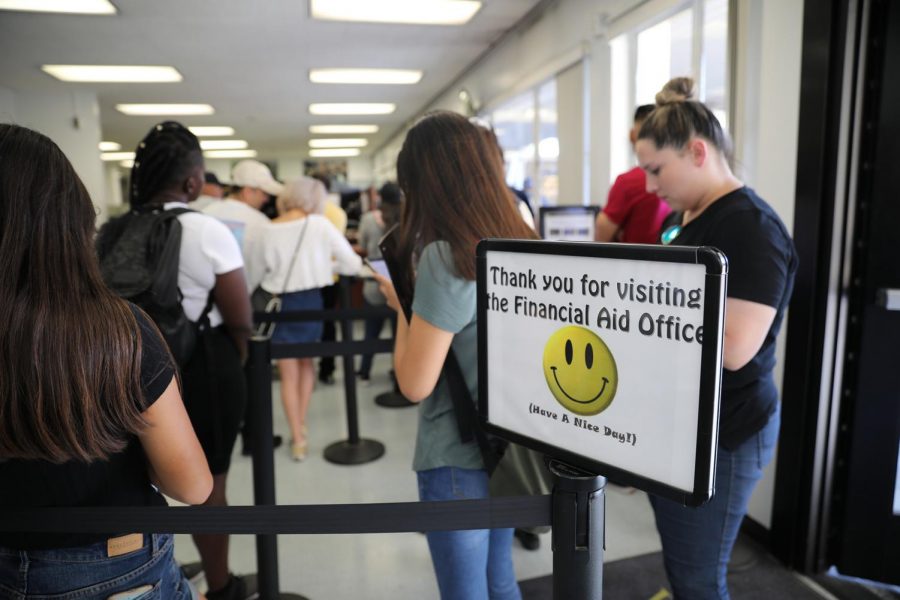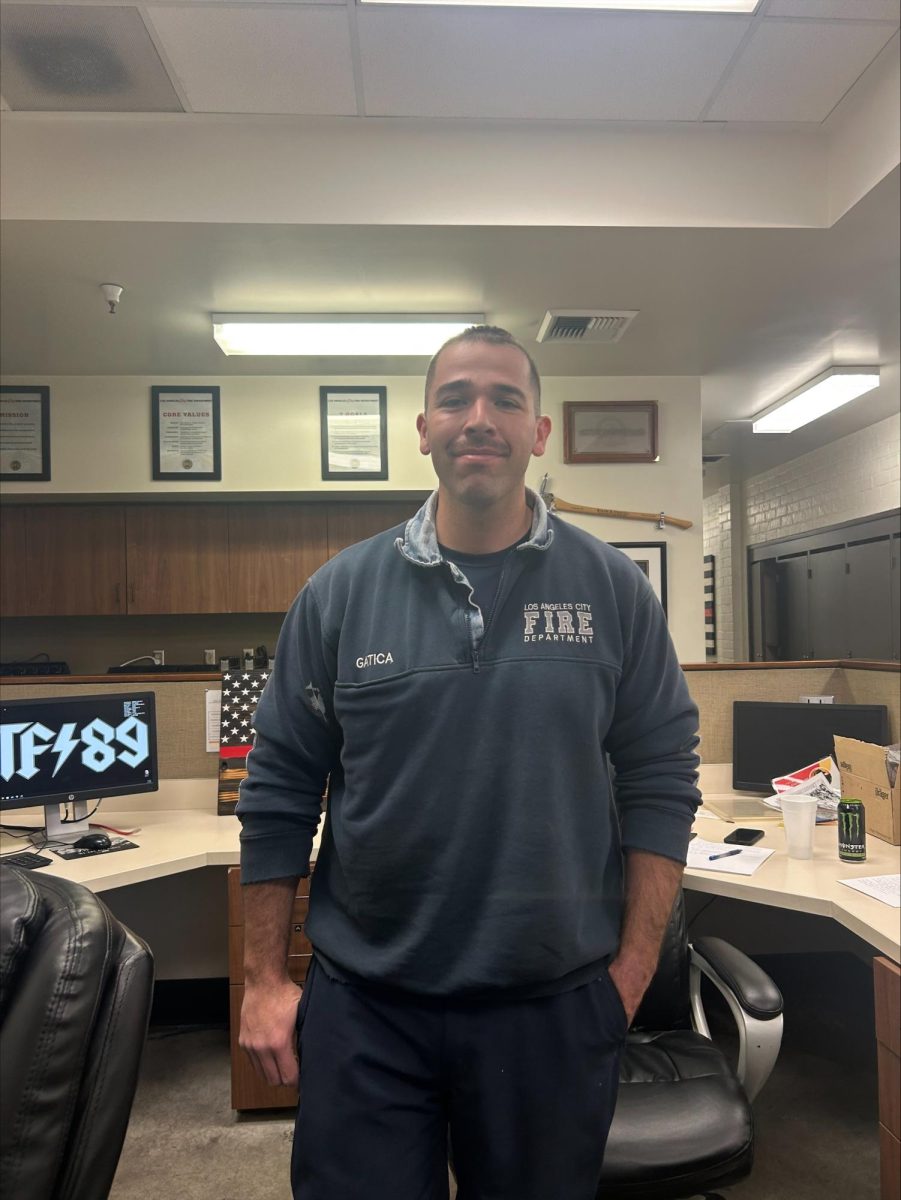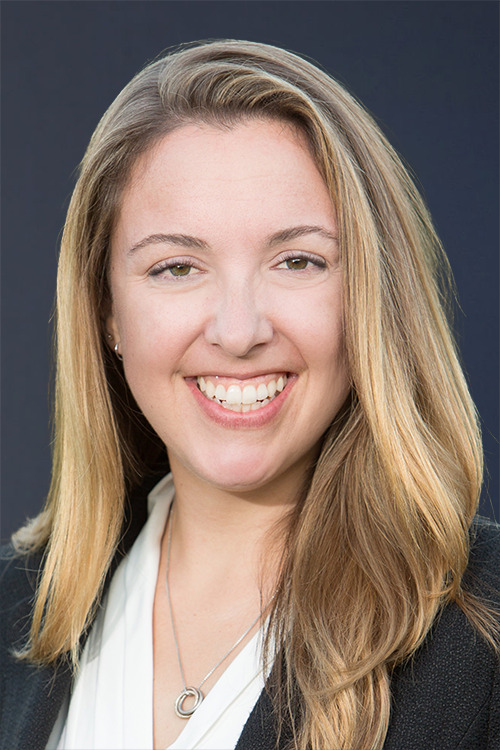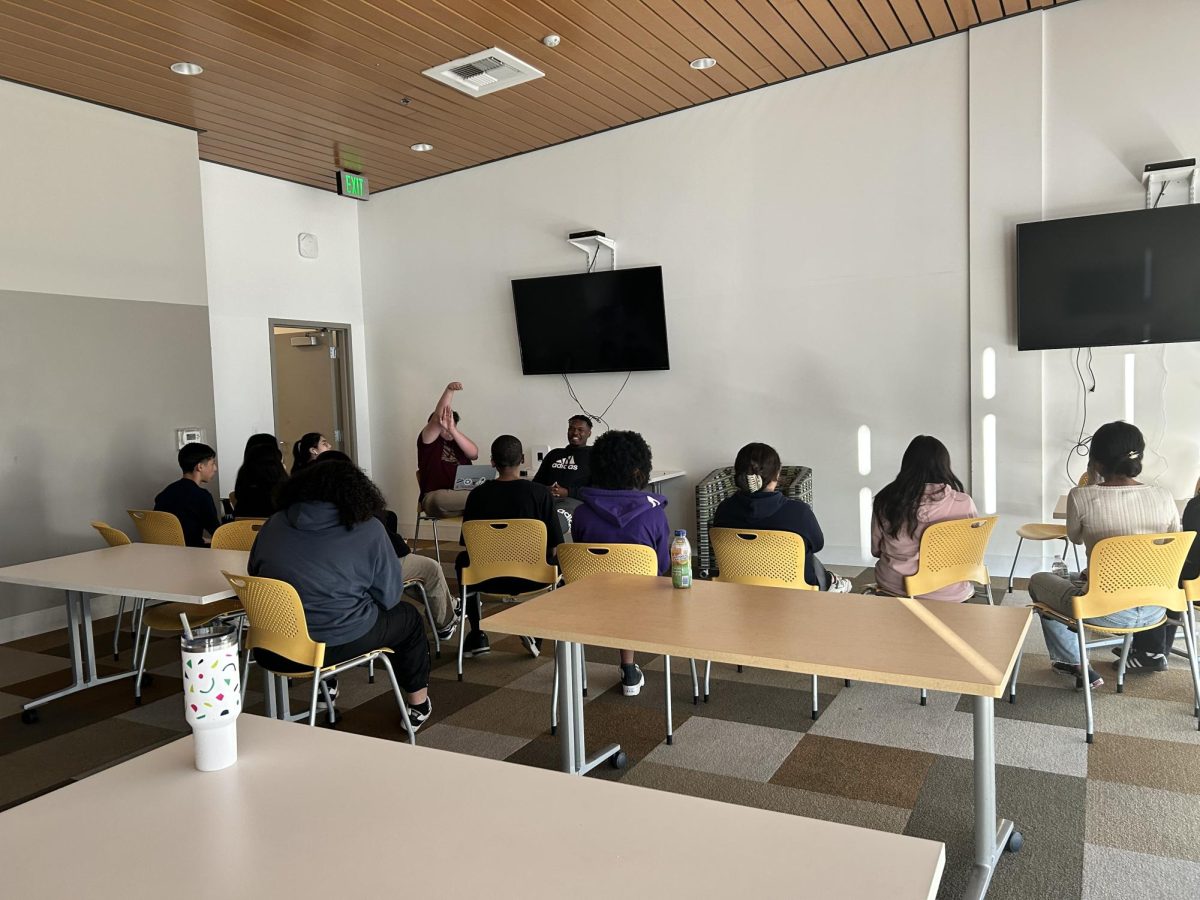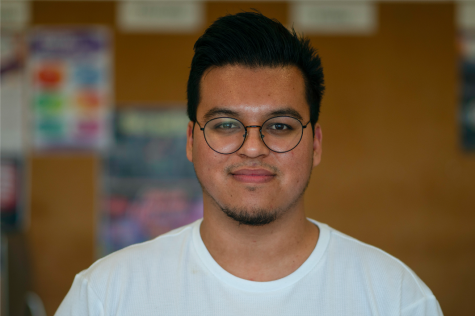Mathew Godoy doesn’t get it. His brother has gotten financial aid at Cal Poly Pomona for four years.
But Godoy, a junior at Cal State LA, hasn’t qualified the past two years.
“I feel like I should qualify..It’s always been confusing to me how, for him, it’s fully covered. All his four years. He’s in his fifth year now. But for me…I have been denied,” Godoy said, adding that he only received aid his first year.
He said he is surprised about it because his mom helps support him and his brother. Godoy is taking out loans and works two jobs while attending school full-time to make ends meet.
Although he has not qualified for financial aid in the past, he still applies for FAFSA “in hopes that it’ll change and cover the cost,” he said in a Google Forms interview response. “The coverage from financial aid would go a long way and prevent [me from] having to take out any more student loans and adding to the debt I am currently carrying.”
The types of federal financial aid that are available to students include loans, grants and work-study.
Studentaid.gov reports 57.8% — or 10.4 million — of the roughly 18 million students who applied for financial aid were approved.
Requirements for qualifying for financial aid include being a citizen or an eligible noncitizen of the United States, having a valid Social Security Number, having a high school diploma or equivalent, and of course, income limits.
About five years ago, when Arianna Guardado found out she wouldn’t receive any scholarships or grants at California State University, Northridge, she couldn’t believe it.
Questions raced in her head.
“How was I going to afford the books? Supplies for my classes? Food? All while paying my bills and rent all at the same time,” Guardado recalled thinking.
She decided to take out government loans to pay tuition and use her credit card to buy school supplies, which increased her anxiety because she could see her debts were piling up and wondered how she would manage to pay them off after graduating.
At the same time, she noticed classmates qualifying for financial aid, some with brand-name clothes, and couldn’t help comparing herself.
“Why me? Why couldn’t I get help?” she thought.
“I had all that stuff going on with no help. That’s what pushed me to finish and get good grades because I knew it would pay off in the end,” she said.
“I wasn’t considered dependent because I was under age. I tried doing it but they didn’t allow it, because of my age. I was living with my mom but she didn’t claim me,” said Guardado, who was interviewed through Google Forms and on Instagram direct messages. “I applied thinking I would qualify and I did not qualify because of my mother’s income being too high. I was also working part-time… I feel like I should have qualified because my mother was a single parent and had to support my brothers while I was working part time to help with the household bills.”
“Not living with parents or not being claimed by them on tax forms does not make you an independent student for purposes of applying for federal student aid,” according to Studentaid.gov. This means that when applying for aid, if you are considered a “dependent student” the applicant is required to provide their parents’ financial information.
To be considered an independent student, you must be one of the following: At least 24 years old, married, a graduate or professional student, a veteran, a member of the armed forces, an orphan, a ward of the court, someone with legal dependents other than a spouse, an emancipated minor, or someone who is homeless or at risk of becoming homeless.”
“I started junior college at 19. It took me three years to finish and I stopped and went back when I was 26,” she said, adding that she attended CSUN for two year until she received her bachelor’s degree.
At this point, she is proud that she has paid off her credit card debts.
As for school loans, she owes $20,000 plus interest, about 3% to 4%.
“I dislike my debt for sure, but I am grateful my [interest] isn’t as high as others,” she said.
Guardado now works at a nonprofit, so she is chipping away at the loan. She said the struggle and stress of college have paid off: It was “totally worth it because I have more doors open for me since I have a B.A. now.”
Nicholas Juarez, a current Cal State LA student and member of the baseball team, said he has not received financial aid at any of the colleges he has attended, including Rio Hondo College and Cal State Fullerton.
“My parents paid for both of my brothers in college and I still didn’t qualify,” he said.
Juarez said that he feels he should qualify also because his parents are divorced.
Alberto Betancourt, press officer for the U.S. Department of Education, which oversees federal financial aid, said the site, https://studentaid.gov, “provides information on understanding financial aid, types of financial aid and financial aid eligibility.”
Cal State LA officials could not be reached despite a phone call and email. CSUN officials said the reasons for students qualifying for one type of aid as opposed to another, or not qualifying at all, are varied and complex.
“Unfortunately, I cannot address the specific examples you presented as the information you provided is only a small part of a student’s situation. There are a number of questions about family finances, family status and personal information that students/parents answer on Free Application for Federal Student Aid (FAFSA) that impacts their dependency status and their eligibility for different aid programs,” said Linda Brignoni, CSUN’s director of financial aid and the Scholarship Department. “The federal processing center takes this information and generates an Expected Family Contribution (EFC). The EFC is used by the institution to determine how much and what type of aid a student is eligible for.”
Brignoni said students who want more information about financial aid or want to understand why they did not qualify should contact her department at (818) 677-4085 or [email protected].
Community News reporters are enrolled in JOUR 3910 – University Times. They produce stories about under-covered neighborhoods and small cities on the Eastside and South Los Angeles. Please email feedback, corrections and story tips to [email protected].

